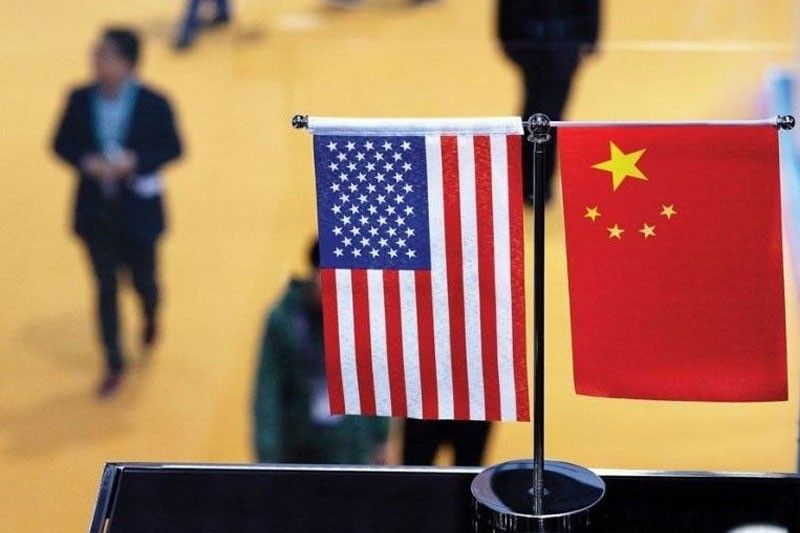Think tank braces for 'mild' impact from US-China’s trade spat

MANILA, Philippines — A regional think tank expects the impact of a trade fight between two superpowers to turn ‘mild’ as businesses and firms are slowly moving away from factories in China.
Dr. Hoe Ee Khor, chief economist at ASEAN+3 Macroeconomic Research Office (AMRO), made his assessment on the back of changes taking place across global supply chains. As it is, the Philippines figures in the middle of this trade spat, as it kowtows to the interests of the two powerhouses.
“We view that if this tech war between China and US can be confined to high-tech products then the spillover is going to be quite mild, there will be a reconfiguration of the supply chain,” he said in an online briefing on Tuesday.
In the eyes of AMRO’s chief economist, the ASEAN+3 region and the global economy will find the impact of this trade fight mild.
“I think the current word is derisking than decoupling,” he added.
US Treasury Secretary Janet Yellen on Sunday wrapped up a four-day trip to China in a bid to stabilize relations, which turned sour of late, between the two superpowers.
The trip was crucial in smoothing out tensions. Figuring dead center of this spat are curbs and controls implemented by both sides. Washington implemented a host of measures to arrest Beijing’s technological advances, while the latter inserted controls on rare earth exports, gallium and germanium, that sent supply chains around the globe in a tizzy.
The result of this spat sent Chinese manufacturers shuffling, as some already trained their sights on relocating some factories. Southeast Asia made the list as an alternative, boasting a young population and relatively affordable labor.
Khor reckoned that ASEAN+3 countries, which include China, Hong Kong, Japan, and Korea, is “rapidly growing.”
“The region will benefit from the reconfiguration of trade and supply chains,” he added. — Ramon Royandoyan with AFP
- Latest
- Trending





























